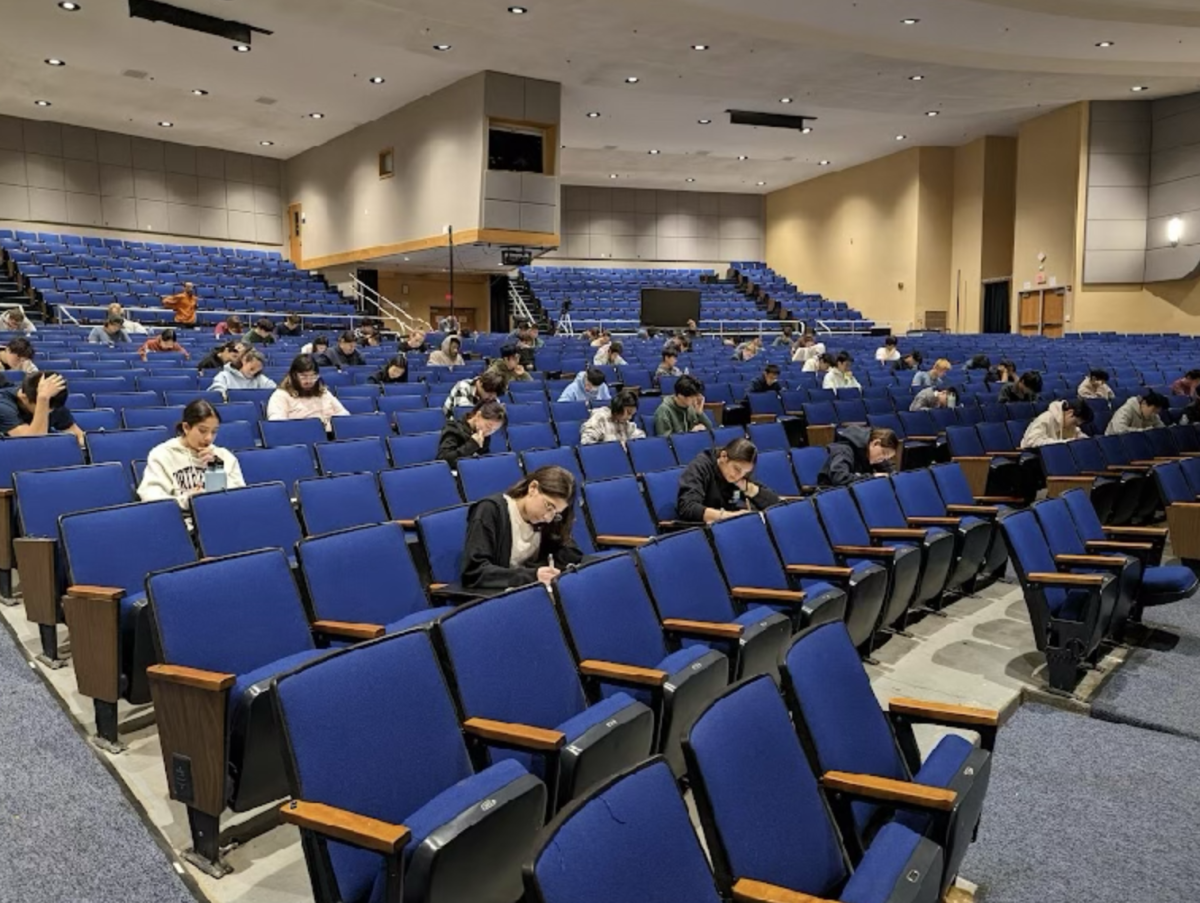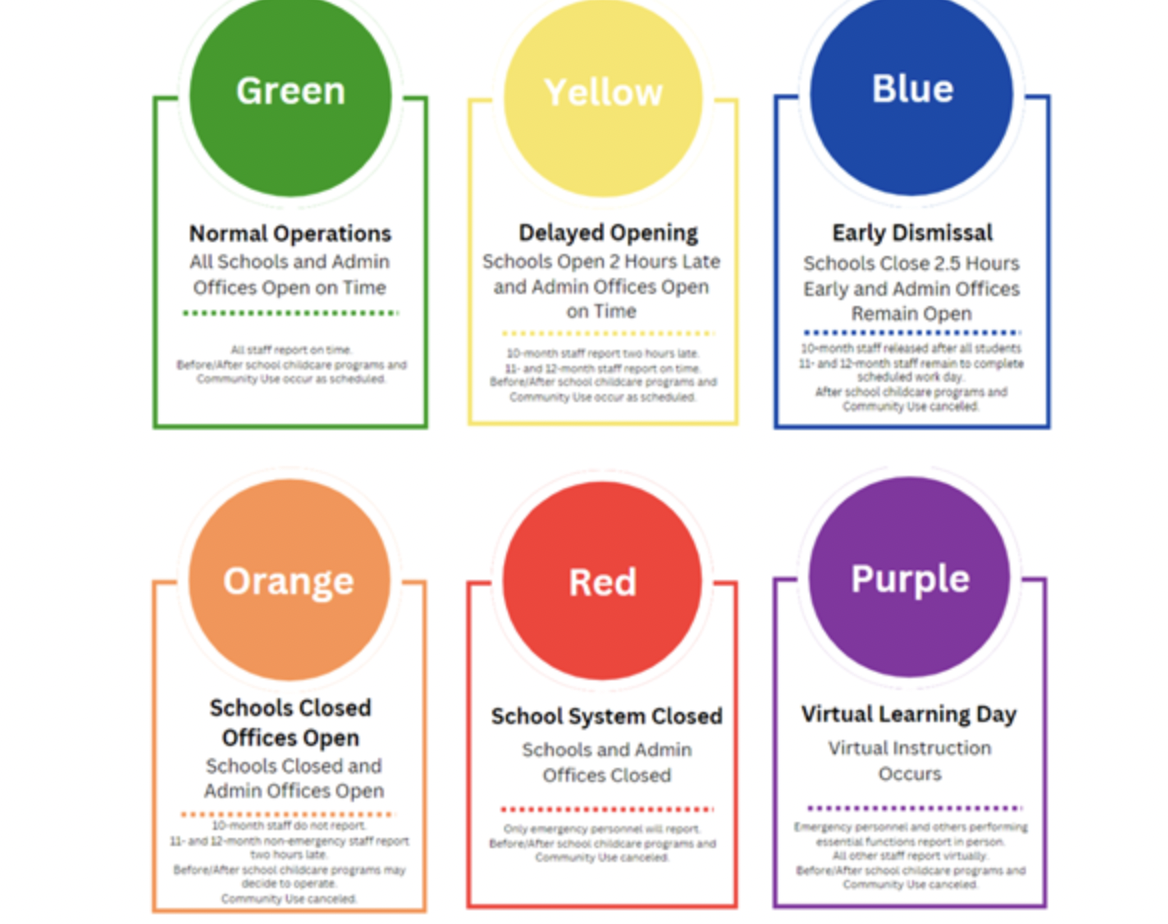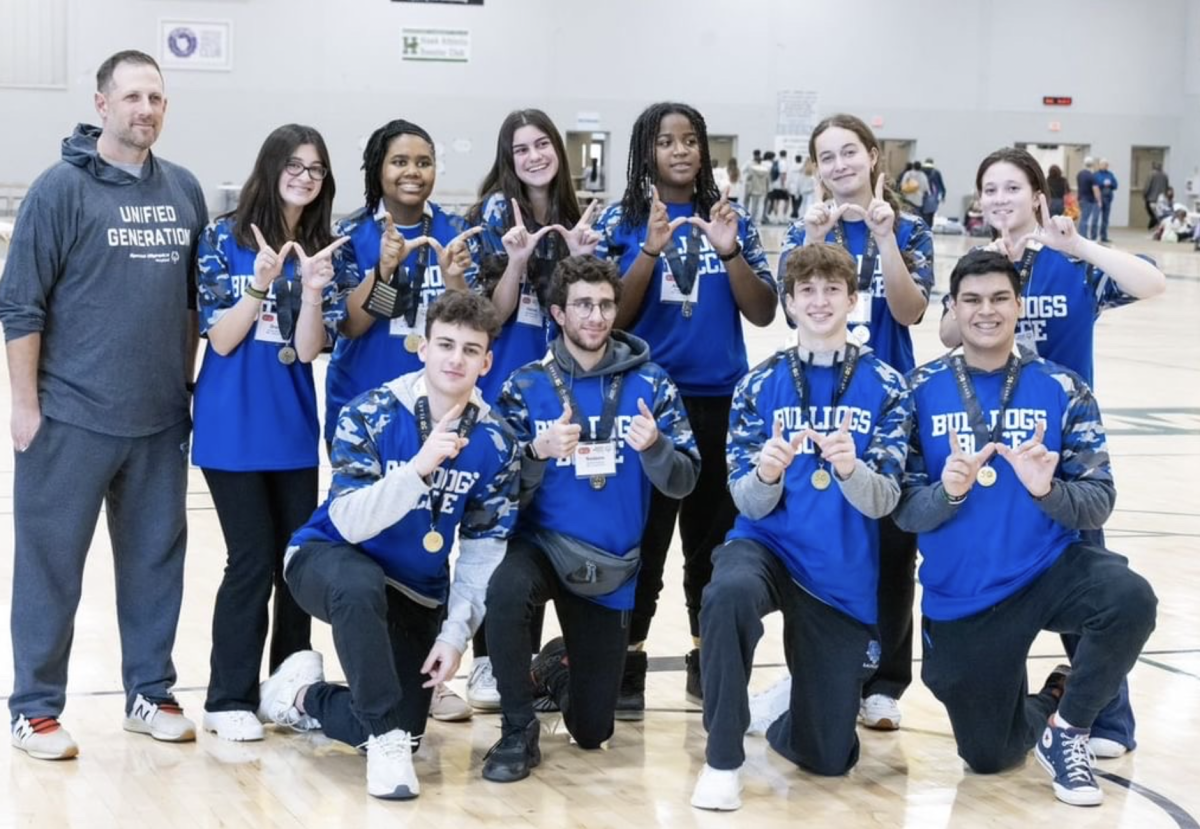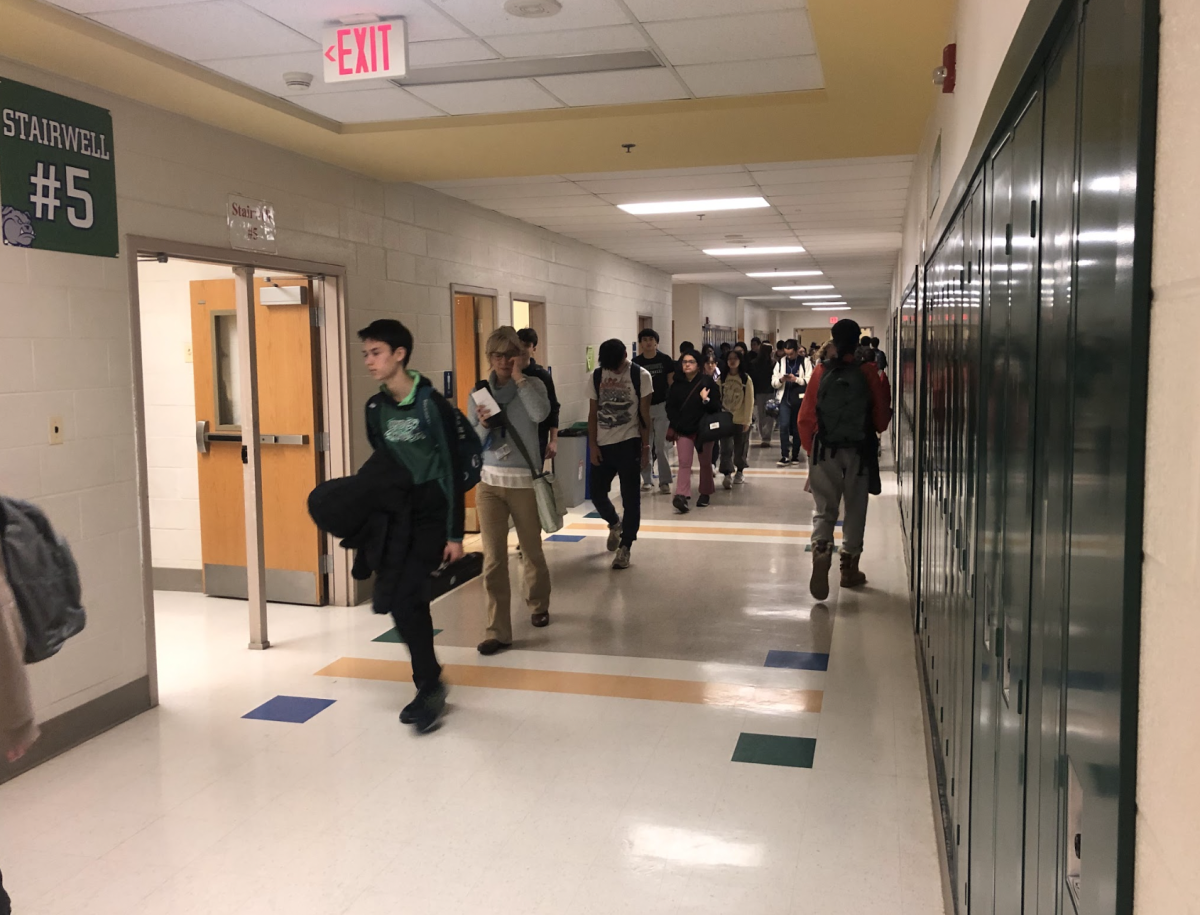Many consider workers’ rights to be an outdated issue considering how much of U.S. history was spent fighting for labor rights. Since the enactment of the eight-hour workday, the Civil Rights Act of 1964 and the formation of numerous labor unions, many citizens believe that workers’ rights are guaranteed to American citizens. Unfortunately, some big businesses apparently believe that workers’ rights are not a right, but a privilege.
Every summer, CHS students flock to various stores in hopes of landing a job. These jobs are not particularly high paying, nor do they require a high skill level, but as long as they offer a source of income and equal treatment, students are fairly satisfied. However, this equal treatment that many consider to be a guaranteed right, as it should be, may change with the ruling of an important Supreme Court case.
Wal-Mart, one of the largest retail franchises in the world, has come to Washington, but not in the way one would expect.
According to a March 28 Washington Post article, the recent Supreme Court case Wal-Mart vs. Dukes is a sexual discrimination lawsuit and the largest civil rights class action suit in United States history. The case involves a former Wal-Mart worker, Betty Dukes, who is charging Wal-Mart with discriminating against women in promotions, pay and job assignments in violation of the Civil Rights Act of 1964. Dukes claims to be representing the 1.6 million women who work or have previously worked in a Wal-Mart store since 1998.
Despite six years of hard work and excellent performance reviews, Dukes was denied the training she needed to advance to a higher salaried position. Wal-Mart claims that Dukes was not promoted because she clashed with a female Wal-Mart supervisor and was disciplined for allegedly returning late from lunch breaks.
This lawsuit shows that although many Americans may consider discrimination an issue of the past, the US has still not achieved complete equality in the workplace. Due to the promise of equal opportunity, Dukes is actively seeking change. Hopefully, her actions will inspire others to do the same throughout the nation and fight for their rights in the workplace.
According to an article on PBS’s official website, 70 percent of Wal-Mart employees leave within their first year, primarily because of a lack of recognition and inadequate pay.
It is time for the company to finally own up to its inequality and discrimination and pave the way for workplace equality. If Wal-Mart can do it, maybe other retail giants will follow suit.
If Dukes fails in her efforts, however, there could be serious implications for students seeking summer jobs. Minors, like women, are often victims of unfair treatment in the workplace. A Supreme Court ruling in favor of Wal-Mart would send the message that it is acceptable for big businesses to mistreat workers.
What this could mean for students is a possibility of lower wages, shorter lunch breaks and even not being considered for a position because of their age. The Supreme Court has already heard both sides of the case, and it is set to announce its decision sometime in June.













